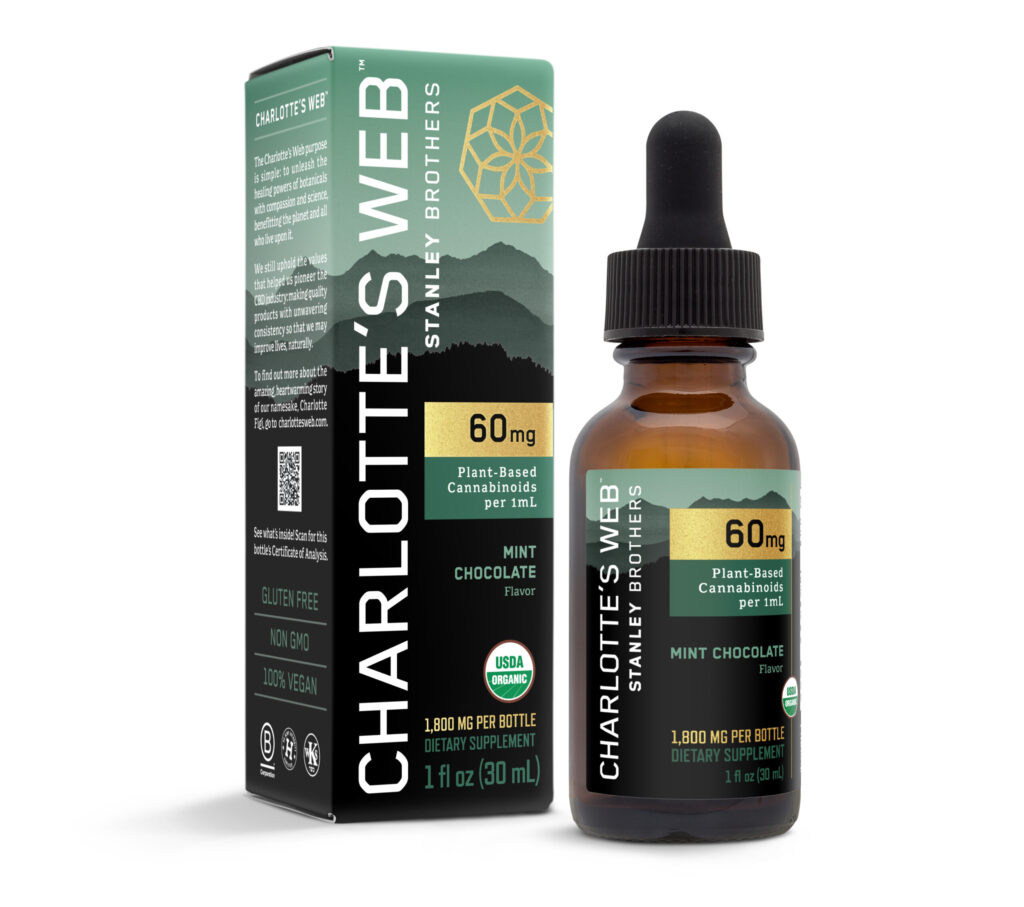Packaging is everywhere. It’s used to display, sell, or protect all sorts of goods, from food and beverages to medication, cosmetics, and CBD.
Unfortunately, many packages are not manufactured with sustainability in mind and end up in the landfill.
According to the EPA, containers and packaging amounted to 82.2 million tons of waste in 2018 — over 28% of total waste generated in the U.S.
How do we get around this issue? Design a better box.
Diamond Packaging, a WBENC-Certified Women’s Business Enterprise, has operated for more than a century, but in recent years the company has made its mission to utilize better designs, materials, and methods when it comes to packaged goods.
Diamond uses state-of-the-art technologies to design and manufacture paperboard folding cartons for such brands as Bausch + Lomb, Charlotte’s Web, Columbia Care, L’Oréal, Otter Products, Procter & Gamble, and Revlon.
Today, the hemp CBD market is a major focus.
According to the Brightfield Group, hemp-derived CBD will be a $22 billion industry by 2022. In order to stand out, packaging has become top of mind for many CBD brands.
It starts with structural design.
“Our design engineers create packaging that is both inventive and more sustainable while considering factors such as product protection, usability, and first moment of truth,” says Dave Rydell, president and COO of Diamond Packaging.
Diamond’s cartons are made with recyclable or recycled paperboards that are sustainably sourced from Forest Stewardship Council (FSC) certified suppliers.
In addition, Diamond has been 100% wind-powered since 2007 and became Zero Waste to Landfill (ZWL) in 2014. In June 2021, Diamond announced its facility earned Carbon Neutral (Scope 1 and Scope 2) status.
“Our company is committed to innovation, but along with that comes a great responsibility,” says Diamond Packaging owner and CEO, Karla Fichter. “By engineering improved designs and placing greater emphasis on recyclable or recycled materials and efficient production methods, we can stand behind the integrity of our products not only on behalf of our customers but on behalf of our planet.”

One of Diamond Packaging’s most meaningful recent collaborations is with Charlotte’s Web, a market-leading producer, and distributor of hemp-derived CBD wellness products.
Charlotte’s Web partnered with Diamond Packaging to create dynamic packaging that showcases the most dependable hemp products in the most environmentally beneficial way possible, including using post-consumer waste materials in the folding carton as opposed to virgin paper.
“As a Certified B Corporation, Charlotte’s Web considers packaging sustainability to be critical to innovation,” said Reed Damon, vice president of marketing for Charlotte’s Web Inc. “We seek to work with companies that are conscientious about their own practices for the benefit of the environment and society. The woman-owned Diamond Packaging is an excellent partner in Charlotte’s Web’s commitment to being a business that is a true force
for good.”
Through advanced printing and decorative capabilities, combined with a commitment to environmental stewardship, Diamond Packaging is revealing that sustainable packaging can be achieved without skimping on luxury and quality.
And for hemp CBD brands like Charlotte’s Web, that checks all the environmentally- and socially-responsible boxes. ϖ
Author
-

Patricia Miller is an executive editor at Innovative Properties Worldwide. She explores science, technology, and policy shaping the legal cannabis sector. Follow her work when you subscribe to Cannabis & Tech Today at cannatechtoday.com/subscribe/ or visit her website https://patriciamiller.squarespace.com/.






